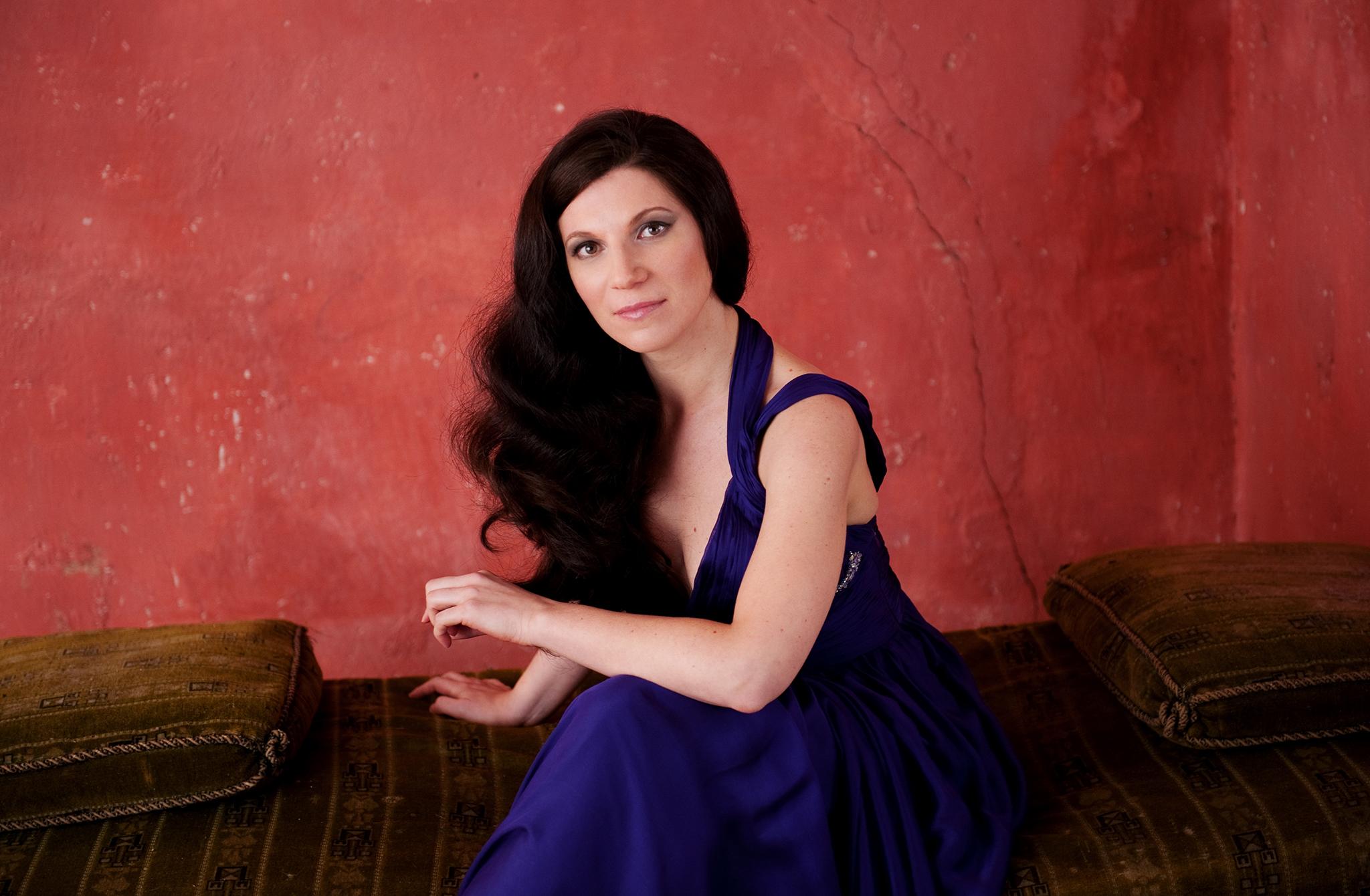Prom 57: Elisabeth Kulman/BBC Symphony Orchestra/Semyon Bychkov, review: 'a new symphony commemorates those drowned in the refugee crisis'
Thomas Larcher's 'Cenotaph' makes old symphonic forms newly relevant

The Austrian composer Thomas Larcher has subtitled his second symphony ‘Cenotaph’, to commemorate the thousands who have drowned in the refugee crisis; it expresses "grief over those who have died, and outrage at the misanthropy at home in Austria and elsewhere". But it’s not programme-music, he insists; it reflects his ongoing search for "a tonality which speaks for our time", and for a way to make the old symphonic forms newly relevant.
His music is always instinctive and emotional, yet it possesses a watchmaker’s precision; its stock-in-trade includes biting dissonances, cinematic cross-cuts, and startling shifts in volume, timbre, and tone. What is quintessentially classical is the care and clarity with which he lays out each work’s structure.
In this new work all those qualities are there in spades. Each of its four movements is fastidiously shaped, and in each there are outbursts of anarchically dissonant fury. But under Semyon Bychkov’s baton the BBC Symphony Orchestra delivered a superbly detailed performance, with the sudden turns into pastiche-Mahler and pastiche-Bach opening like wondrous flowers in a parched terrain.
The rest of this Prom was of a similarly high standard. Mezzo Elisabeth Kulman brought rare grace to Wagner’s Wesendonck-Lieder – the beauty of her ‘Im Treibhaus’ took the breath away – while Strauss’s An Alpine Symphony did all that such high-octane programme-music is supposed to do.
Join our commenting forum
Join thought-provoking conversations, follow other Independent readers and see their replies
Comments
Bookmark popover
Removed from bookmarks